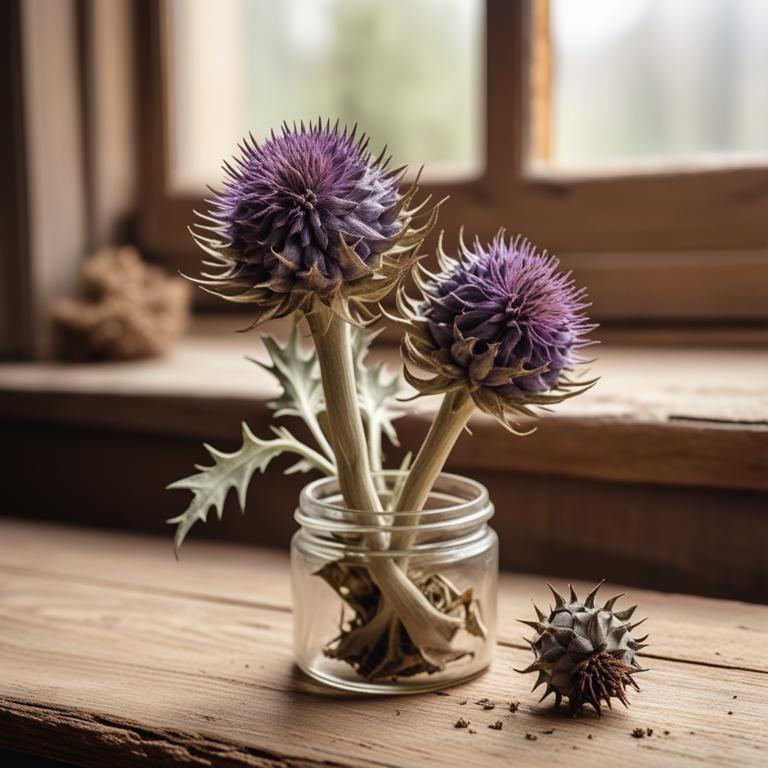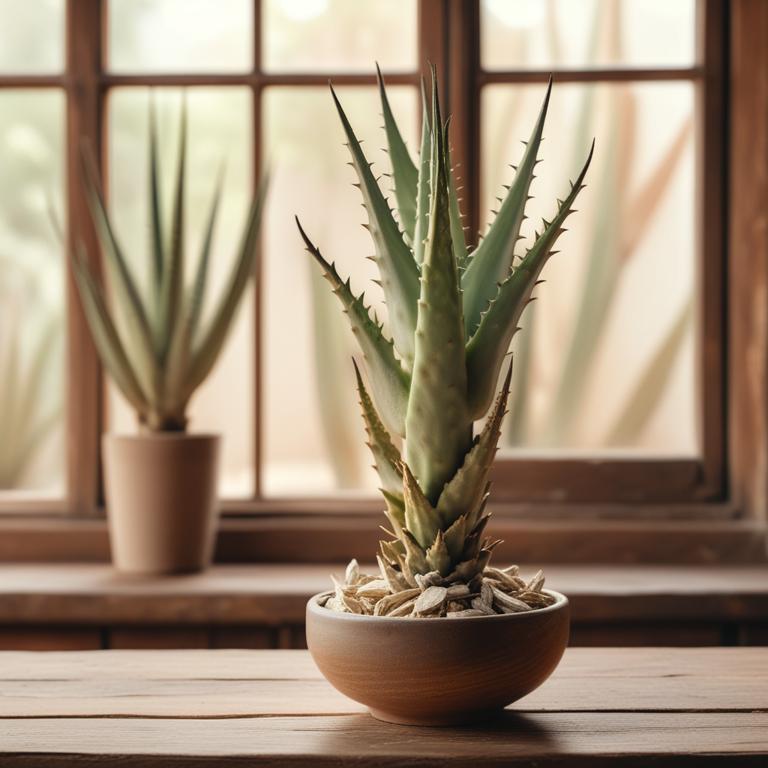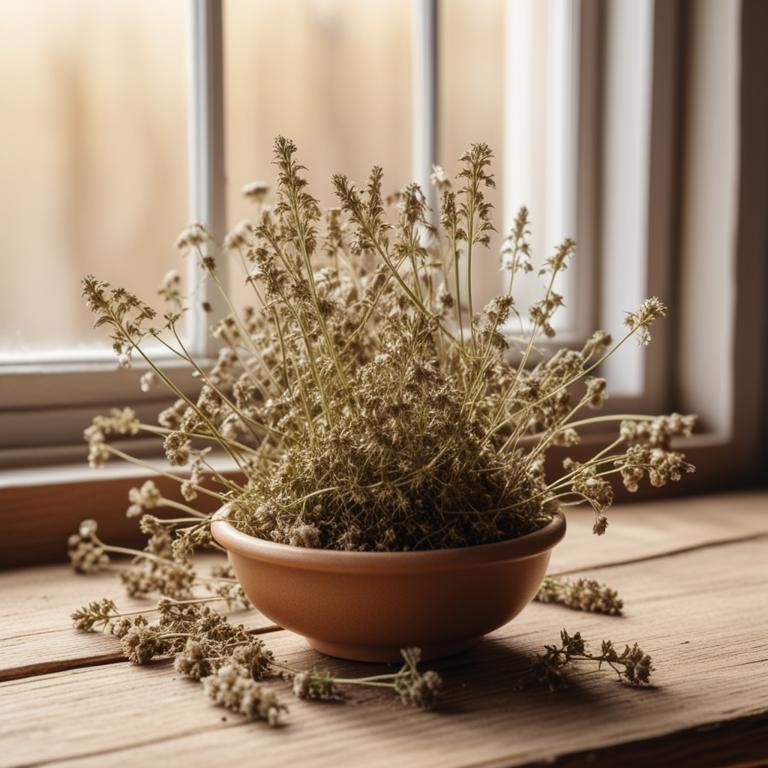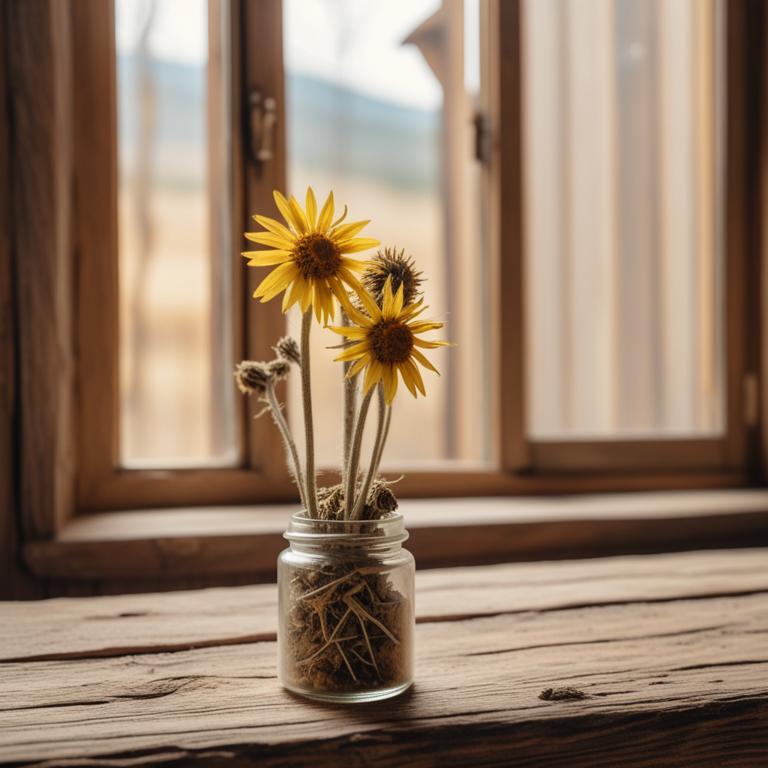Updated: Dec 1, 2024
Dandruff: Causes, Symptoms, and Natural Treatments with Medicinal Herbs

Dandruff is a common scalp condition that causes flakes of dead skin to appear on the hair and clothing.
It can be embarrassing and affect daily life, making people feel self-conscious about their appearance. Dandruff is usually caused by a combination of factors, including a fungus that grows on the scalp, sensitivity to hair care products, and genetics. Using harsh shampoos and soaps can irritate the scalp and make dandruff worse. Some people are more prone to dandruff due to hormonal imbalances or certain medical conditions. To treat dandruff, many people turn to herbal remedies.
Tea tree oil, known for its antifungal and antibacterial properties, can help control the fungus that causes dandruff. Neem oil, another natural antifungal, can also reduce inflammation and soothe the scalp. Coconut oil, rich in fatty acids, can moisturize the scalp and reduce flaking. Herbal teas, such as sage and rosemary, can be used as a scalp treatment. Simply boil the herbs in water, let it cool, and use it as a final rinse after shampooing. Aloe vera gel can be applied directly to the scalp to calm irritation and reduce flaking.
These herbal remedies can be used in combination with a gentle shampoo to help control dandruff and promote healthy hair growth.
Table of Contents
What are the primary causes of dandruff?
The main causes of dandruff are a combination of different factors that contribute to the formation of flakes on the scalp.
One of the main causes is Malassezia, a type of fungus that naturally lives on the scalp. This fungus feeds on the oils produced by the scalp, breaking them down into compounds that can irritate the skin and cause flaking. Another cause is Seborrhoea, a condition that affects the oil glands on the scalp, producing too much oil.
This excess oil can lead to a buildup of flaking skin, which can be itchy and uncomfortable. Some people with psoriasis may also experience dandruff-like symptoms, as the condition causes the skin cells to grow too quickly, leading to a buildup of dead skin cells that flake off. Fungal infections, such as ringworm, can also contribute to dandruff, as they can infect the scalp and cause inflammation and flaking. Dry skin is another common cause of dandruff, as a lack of moisture can cause the skin to become flaky and itchy.
Lastly, using harsh shampoos can strip the scalp of its natural oils, leading to dryness and flaking, which can exacerbate dandruff symptoms.
What are the advantages of using herbs for treating dandruff?
Using herbs for dandruff can be a great solution for those who want a natural approach to treating the condition.
One of the main benefits is that herbs are often gentle on the scalp, unlike some chemical-based shampoos that can dry out the skin and make the problem worse. Herbs can help to soothe and calm the scalp, reducing inflammation and irritation that can lead to flaking skin.
They can also help to balance the natural oils on the scalp, which can become imbalanced and lead to dandruff. Some herbs have antifungal properties, which can help to combat the underlying fungal infections that often cause dandruff.
By using herbs, you can also avoid harsh chemicals and artificial fragrances found in many commercial shampoos.
What are the main herbal remedies for dandruff?
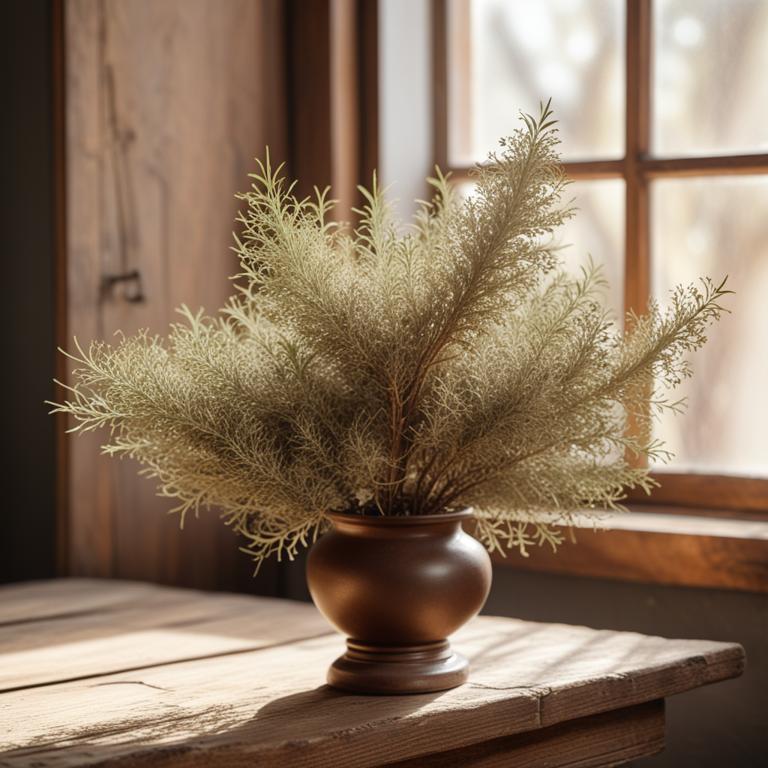
Herbs can be a great natural solution for dandruff.
Let's talk about a few that have been known to help. Melaleuca alternifolia, or tea tree oil, is good at fighting off fungal infections that can cause dandruff. It has antifungal properties that help control the growth of yeast on the scalp, which can lead to flaking and itchiness. Another herb that can help with dandruff is Rosmarinus officinalis, or rosemary. Rosemary is known for its anti-inflammatory properties, which can help soothe an itchy scalp and reduce redness. When used in a shampoo or oil, it can help calm down the skin and prevent flaking. Turmeric, or Curcuma longa, is also a good herb for dandruff. It has powerful anti-inflammatory and antioxidant properties that can help reduce inflammation and prevent damage to the skin.
This can help reduce the severity of dandruff symptoms. Aloe barbadensis, or aloe vera, is another herb that can help with dandruff. Aloe vera has soothing and moisturizing properties that can help calm down an itchy scalp and reduce flaking. It can also help lock in moisture and prevent dryness, which can make dandruff worse. Finally, Cymbopogon citratus, or lemon grass, can also help with dandruff. It has antifungal and antibacterial properties that can help fight off infections and reduce inflammation. When used in a shampoo or oil, it can help create a healthy scalp environment that's less prone to dandruff. These herbs can be used in different ways to help with dandruff.
You can add them to your shampoo, use them as a hair mask, or even mix them with a carrier oil for a scalp massage.
What are the best herbal remedies for dandruff?
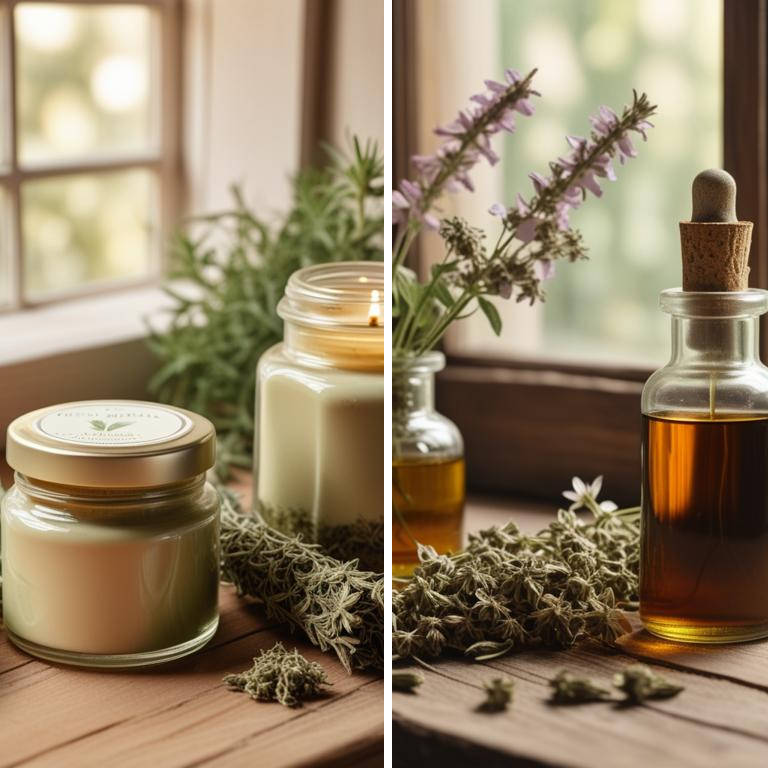
If you're struggling with dandruff, herbal preparations can be a great way to find some relief.
A decoction is a liquid preparation made by steeping herbs in hot water, which can be applied directly to the scalp to help soothe and calm irritation. This can be especially helpful for people with sensitive scalps. Another option is a cream, which can be applied to the scalp to help moisturize and protect it from dryness and flakiness. Certain herbs like tea tree oil have antifungal properties, which can help combat the underlying fungal infections that often cause dandruff. A tincture is a concentrated liquid preparation that's often added to shampoos or applied directly to the scalp.
It's a great way to get a strong dose of active ingredients, and can be especially helpful for people with severe dandruff. If you prefer a more lightweight option, a gel can be a good choice. These are often water-based and can be applied directly to the scalp to help soothe and calm irritation. They're also often fragrance-free, which can be helpful for people with sensitive skin. Finally, a shampoo-based herbal preparation can be a great way to get consistent relief from dandruff. These shampoos often combine a blend of herbs and other active ingredients to help combat dandruff and leave your scalp feeling calm and soothed.
They can be used daily, just like regular shampoo.
Additional Resources:
What herbs are contraindicated if you have dandruff?
If you have dandruff, you should be careful with some herbs.
Thymus vulgaris, also known as common thyme, can irritate your scalp and make the condition worse. This is because thyme contains compounds that can dry out your skin, leading to more flakes and itchiness. Cinnamomum verum, or true cinnamon, is another herb to watch out for. It has strong oils that can also dry out your scalp, causing more dandruff symptoms. Using cinnamon essential oil or applying cinnamon powder to your scalp can make your dandruff worse. Eucalyptus globulus, or the blue gum eucalyptus, has oils that can be too harsh for sensitive scalps.
These oils can cause irritation, itchiness, and even more flaking, which can make dandruff harder to treat. Thymus serpyllum, also known as creeping thyme, has similar properties to common thyme and can also dry out your scalp. This can lead to more dandruff symptoms, making it harder to get rid of the condition. Silybum marianum, or milk thistle, is not typically used for scalp care, but its seeds can be used to make a herb tea. However, some people may be allergic to milk thistle or have sensitive skin, which can cause irritation on the scalp and make dandruff worse. Herbs like these can be beneficial for many people, but if you have dandruff, it's best to avoid using them on your scalp.
This will help prevent further irritation and dryness, making it easier to find a treatment that works for you.
FAQ
Are there any specific herbs that can prevent dandruff?
Some herbs, like neem and tea tree oil, have antifungal properties that can help combat dandruff.
Neem oil, in particular, can reduce inflammation and soothe an itchy scalp. Tea tree oil can also help control the growth of yeast on the scalp, which can contribute to dandruff.
These herbs can be used in shampoos or applied directly to the scalp.
Is it safe to use herbal remedies for dandruff during pregnancy?
If you're pregnant and dealing with dandruff, it's best to use herbal remedies with caution.
Some herbs, like tea tree oil and neem, have been used to soothe skin issues. However, their safety during pregnancy hasn't been fully studied.
To be on the safe side, try a small patch test before using any herbal remedy.
Are there any herbs that can reduce the frequency of dandruff?
Some herbs may help reduce dandruff frequency.
Neem oil has antifungal properties that can control scalp infections. Coconut oil, rich in antioxidants, soothes and moisturizes the scalp. Tea tree oil's antifungal and antibacterial properties help balance the scalp's natural pH, reducing flaking and itchiness.
These herbs can be applied topically to the scalp.
Related Articles
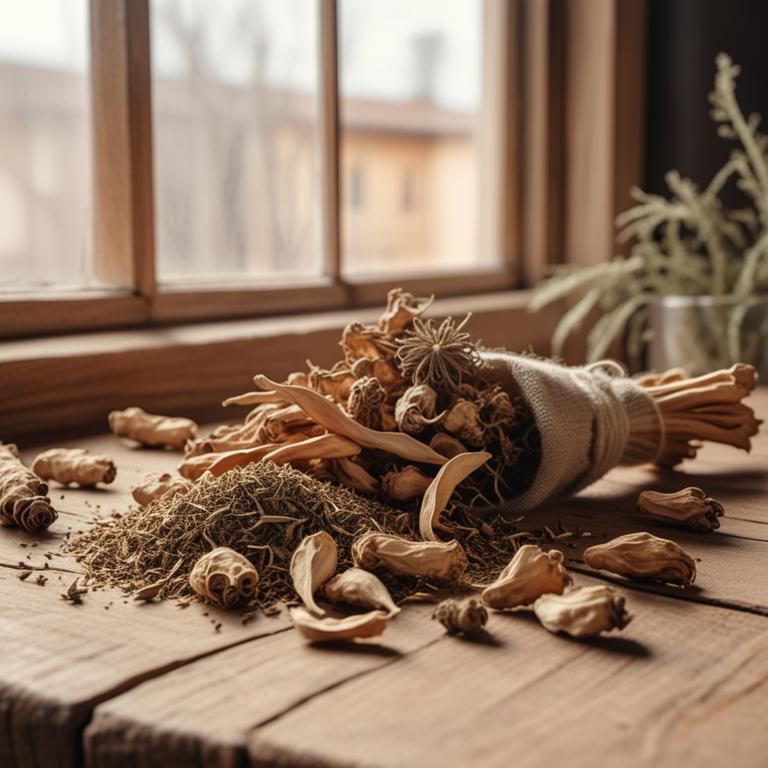
Fever Blister on Lip: Causes, Herbal Preparations, and Home Remedies for Relief
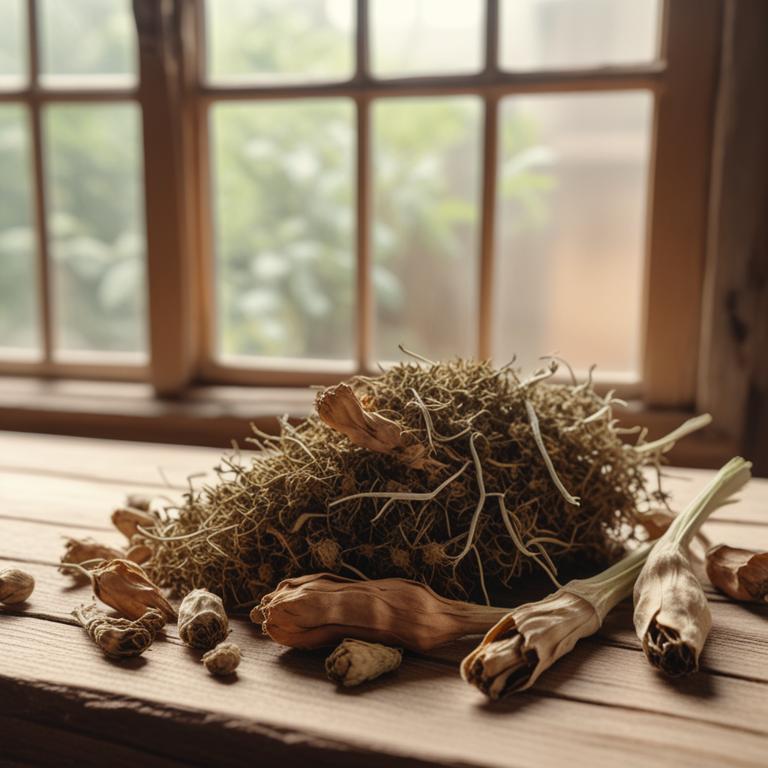
Fungal Skin Infection: Causes, Treatment with Medicinal Herbs, and Prevention
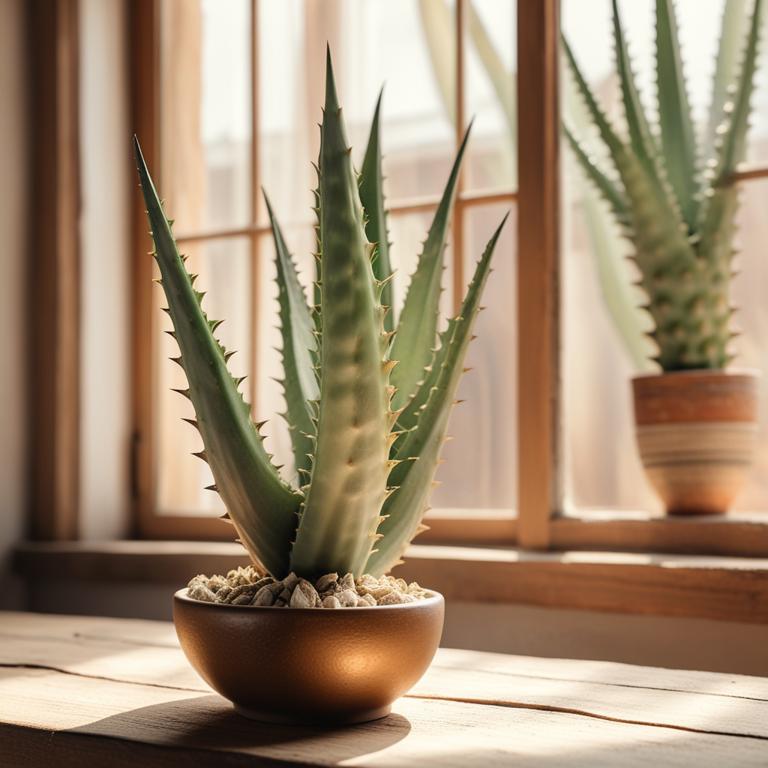
Ringworm Treatment with Medicinal Herbs and Herbal Preparations
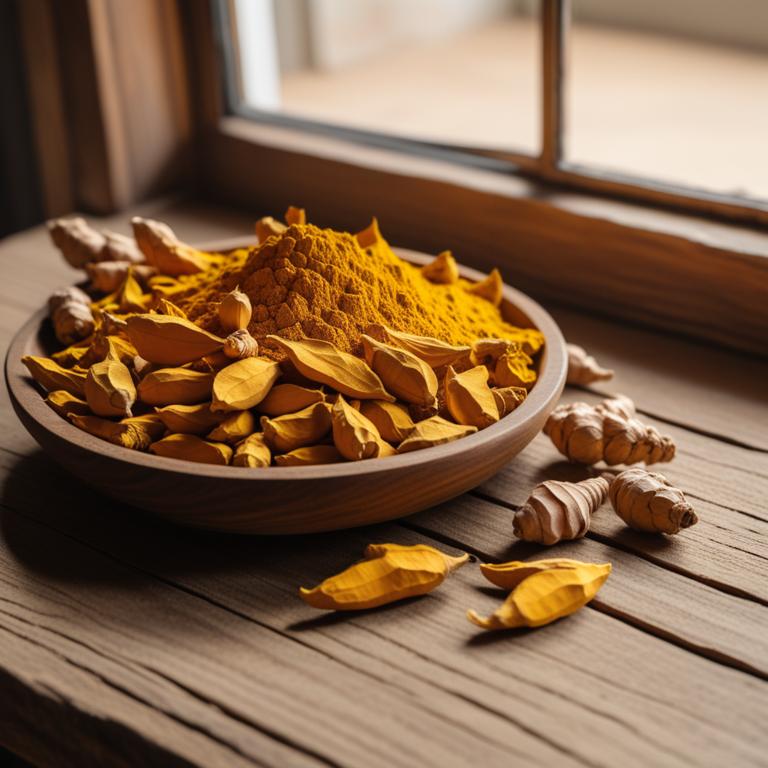
Effective Medicinal Herbs and Herbal Preparations to Prevent Hair Fall
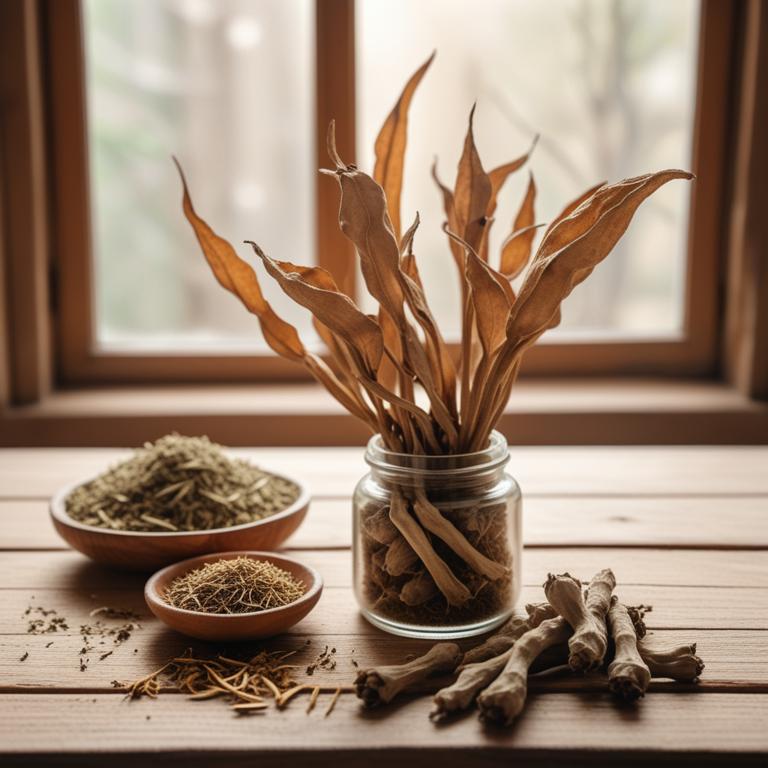
Tooth Decay: Causes, Prevention, and Herbal Preparations
